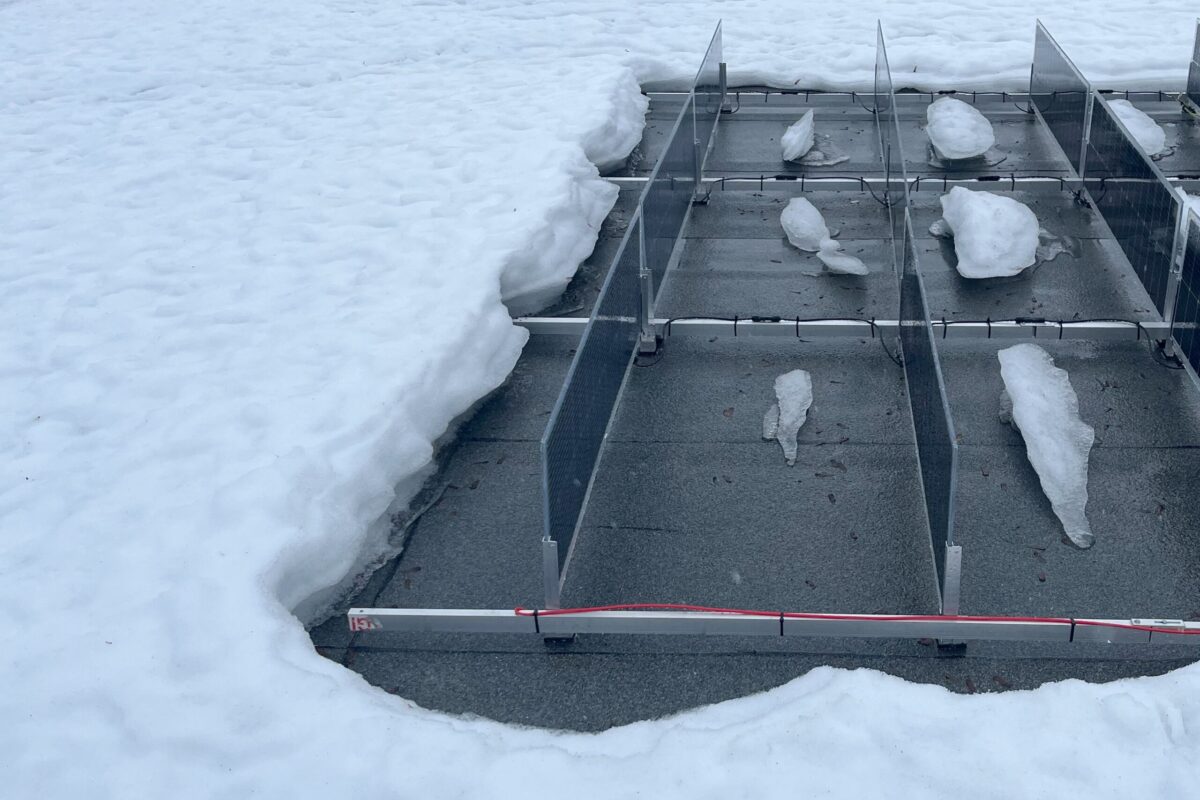The European Union has formally adopted the Energy Performance of Buildings Directive (EPBD). The legislation sets a framework for member states to reduce emissions and energy use in buildings, following a revised directive that was formally adopted by the European Council and the European Commission.
It will now be published in the Official Journal of the Union, before going into force in the coming weeks. Member states will then have to transpose it into their national legislation.
The directive includes provisions for EU member states to progressively phase out fossil fuels from heating in buildings and boost the deployment of solar power installations, while considering their national circumstances. According to a statement published by the European Commission, member states will have to ensure that all new buildings are “solar ready,” as part of the EU Solar Standard, which was approved by members of the European Parliament in March.
The revised directive also sets out targets to reduce the energy use of buildings across the European Union, taking into account national specificities.
Each member state will adopt a framework to reduce their average primary energy in residential buildings by 16% by 2030 and by between 20% and 22% by 2035. For non-residential buildings, member states will need to renovate 16% of their worst-performing buildings by 2030 and 26% of their worst-performing buildings by 2033. Member states can exempt certain categories of residential and non-residential buildings from these obligations, including historical buildings and holiday homes.
“Improving the energy performance of buildings is vital for reaching our ambition of climate-neutrality and as well as for boosting Europe’s energy independence. Renovations are investments into a better future,” said Kadri Simson, the EU commissioner for energy. “I trust this strengthened directive will empower member states to spur a renovation wave across the EU, while respecting the diversity of the EU’s building stock.”
The European Commission said the directive will support citizens in efforts to improve their homes. The EPBD requires the establishment of one-stop shops for advice on building renovations and provisions, while public and private financing will be enacted to make renovation more affordable and feasible.
“The new Energy Performance of Buildings Directive will help mobilise additional finance and boost construction value chains,” said Wopke Hoekstra, EU commissioner for Climate Action. “Together we can help homeowners and businesses renovate to save money and prepare for a net-zero future.”
This content is protected by copyright and may not be reused. If you want to cooperate with us and would like to reuse some of our content, please contact: editors@pv-magazine.com.




1 comment
By submitting this form you agree to pv magazine using your data for the purposes of publishing your comment.
Your personal data will only be disclosed or otherwise transmitted to third parties for the purposes of spam filtering or if this is necessary for technical maintenance of the website. Any other transfer to third parties will not take place unless this is justified on the basis of applicable data protection regulations or if pv magazine is legally obliged to do so.
You may revoke this consent at any time with effect for the future, in which case your personal data will be deleted immediately. Otherwise, your data will be deleted if pv magazine has processed your request or the purpose of data storage is fulfilled.
Further information on data privacy can be found in our Data Protection Policy.